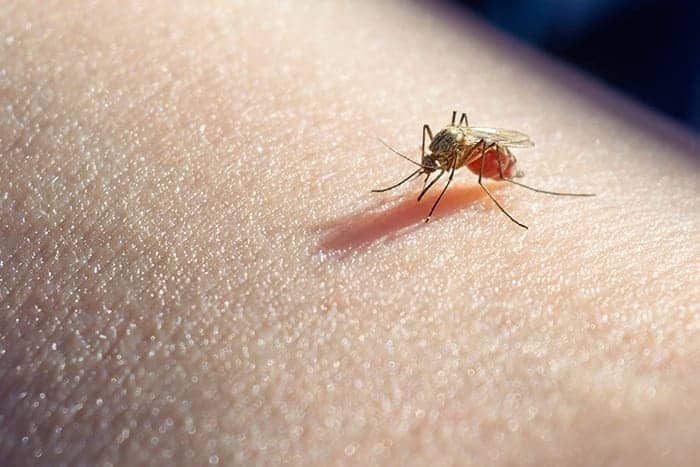The Pedro Kourí Institute of Tropical Medicine (IPK) in Havana confirmed the diagnosis of imported malaria.
It was detected on January 26 in a traveler from the Sancti Spiritus municipality of Jatiponiko who had arrived from Angola.
Director of the Provincial Center of Hygiene, Epidemiology and Microbiology of Sancti Spiritus, Dr. Carlos Ruiz Santos confirmed. Escambray The territory has not reported an imported case of the disease since 2020.
The patient, who had no health care partner, arrived in Jatiponiko on 24 December from the People's Republic of Angola. After spending several days at home, on January 17 he began to develop fever, general malaise and skin lesions. On January 23, he decided to seek medical help and was admitted because he had come from a country plagued by malaria and other diseases.
A complementary analysis (thick smear) was positive for vivax malaria, which is transmitted by the Anopheles mosquito. Since then, the patient has been admitted to the Infectious Disease Room 4A of the Camilo Cienfuegos General Provincial Hospital.
A case of malaria in Cuba: Sancti Spiritus
Health authorities have conducted an intensive search involving more than 1,000 houses within a radius of 1,000 meters around the patient's house. In addition, 1,025 houses were fumigated three times and traps were placed to catch breeding mosquitoes. Additional home treatment was also carried out with two high-tech equipment.
No new positive cases have been reported so far. However, work on Focus Control will continue until 21 days have passed since opening. Once the patient is discharged, surveillance is maintained for 6 months, as there may be some form of the parasite in the liver tract that can mature and cause disease again.
All travelers are reminded by the media to report to their medical office within 48 hours of their return to Cuba for proper monitoring.






